Label Feature #20: Ensoul Records
For our 20th Label Feature, we spoke with Kevin Annocque, co-founder of Ensoul Records in Montreal.
By Julia Girdharry
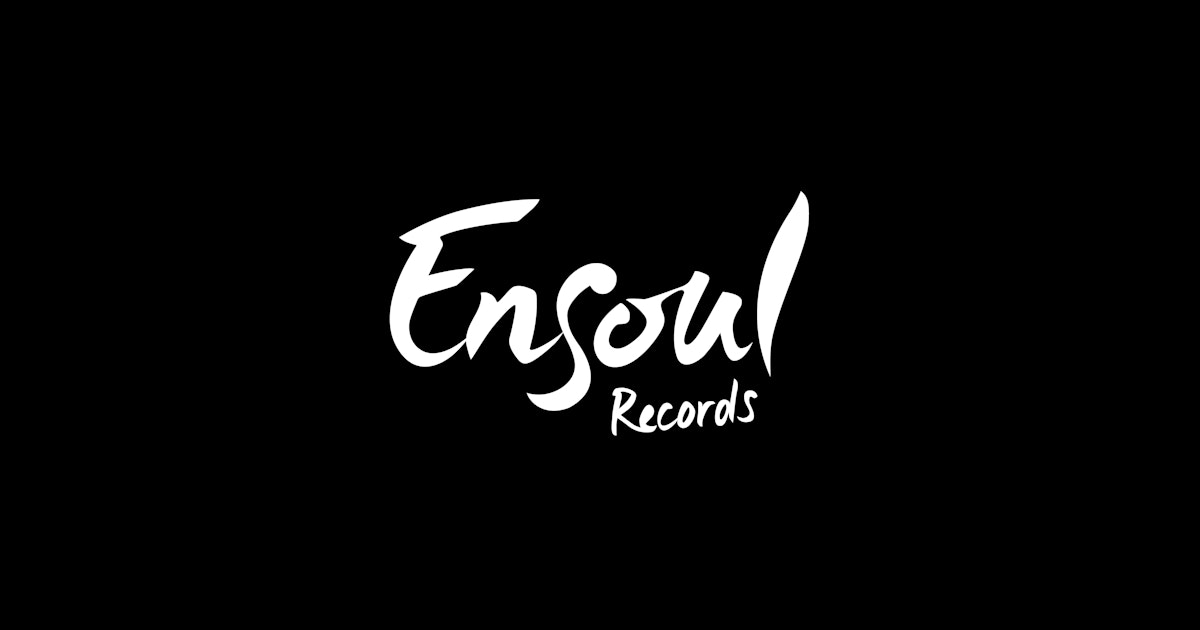
Ensoul Records, based in Montréal, Canada honors the city’s longstanding history by creating timeless, soulful music.
Ensoul Records makes it their mission to ensure that, even as tastes shift, Jazz, Soul and R&B lovers will always have a place to belong and create new records to spin. Kevin Annocque, owner of Ensoul Records, speaks on the label's standout projects and offers his perspective on supporting Canada’s indie music community.
How did Ensoul Records start?
The label started off in 2017. At the time, I worked jobs in other fields before I got into the music industry. The partner I started the record label with, Fabien Rousseau, did as well. We were kind of discouraged at our jobs at the time, and had a change of heart, and we wanted to move on. I was a consultant in supply chain management and IT for seven years, and he was in the finance industry. My passion was always music. I was classically trained on the piano when I was a kid, and my dad was a guitarist, so my connections to people usually came through music. I would be the one who would attend four or five shows a week, just to feel all these emotions that I didn't feel anywhere else without music. One day, it spoke to me that I should take this leap of faith and find a way to work with musicians and artists. The idea of Ensoul Records was meant to be a labour of love above anything else.
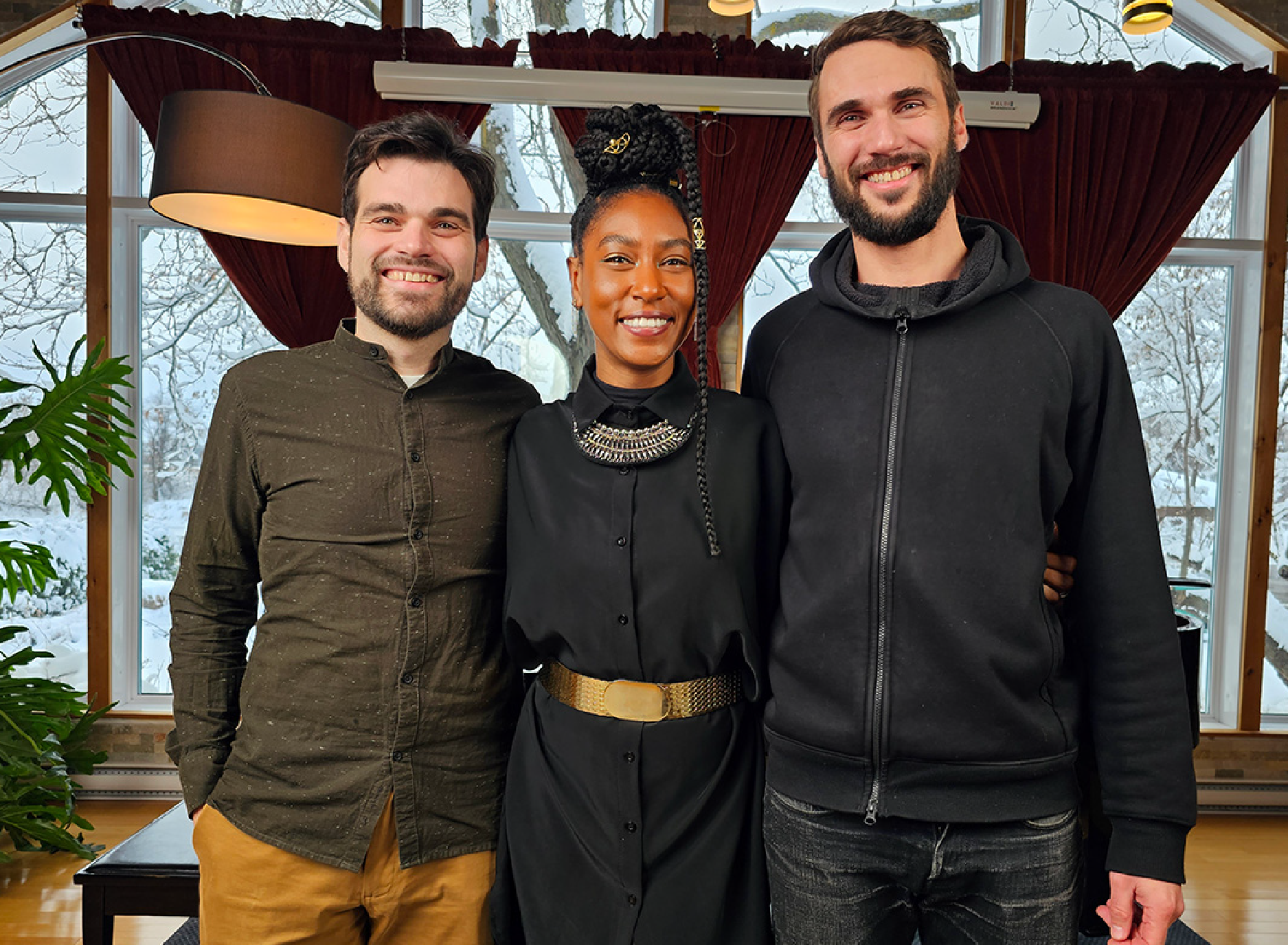
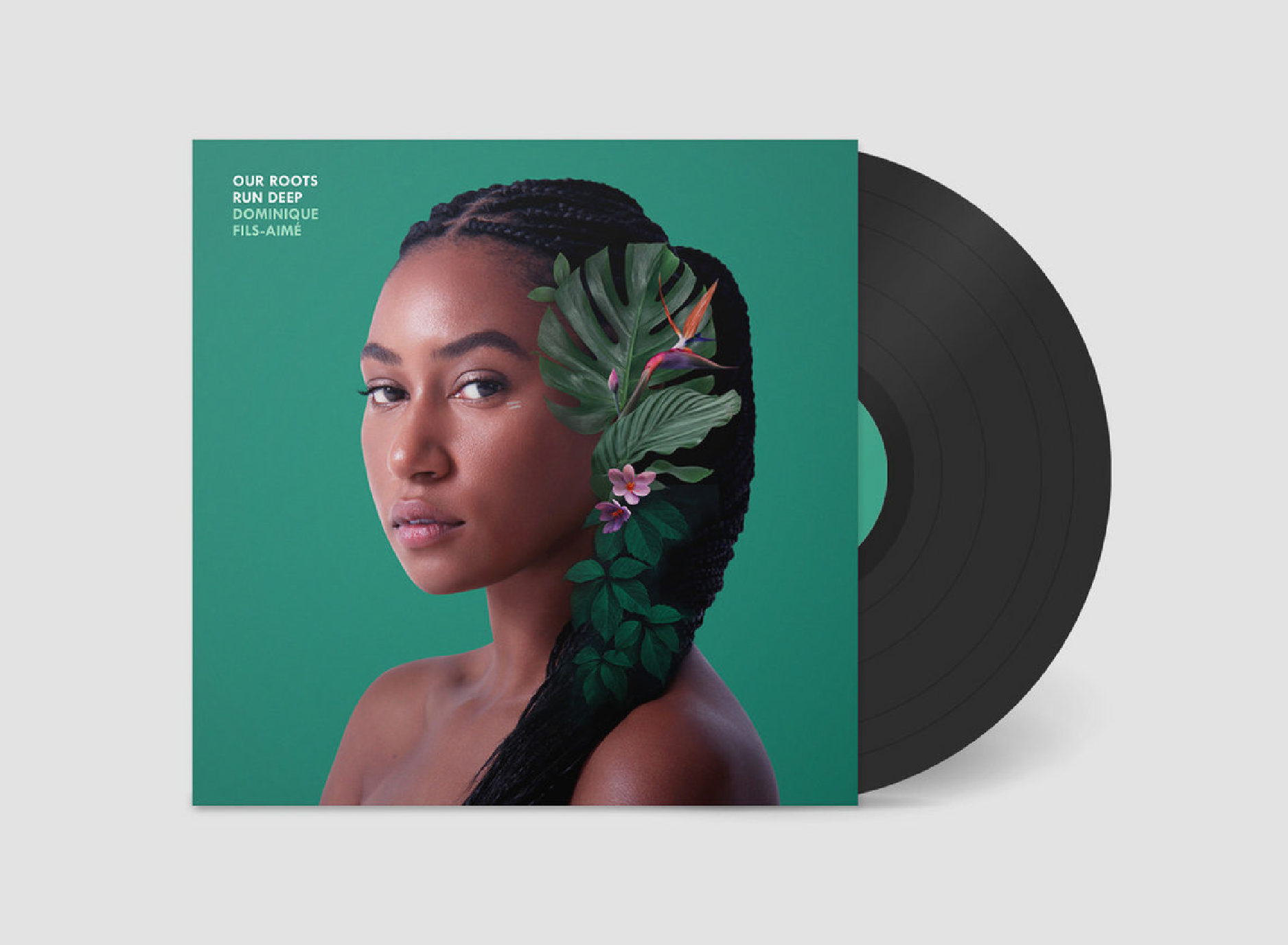
Has vinyl always been part of the Ensoul vision?
Yeah, it always was. At Ensoul Records, we really care about physical media. We work hard to craft something valuable, whether it’s a record or a CD. We think that tangible media is important nowadays. We went a bit counter-current when a lot of people told us not to think about albums anymore because people prefer singles and music videos, and it's all about DSPs for streaming. Despite that, we believed that music lovers are going to be craving the actual, physical medium and the album format, so we always stuck to it.
What makes something uniquely an Ensoul Record?
I think the focus, and what we pride ourselves on, is quality productions in the studio. We give the artists the time and the right tools they need in the studio to achieve their vision, no matter what it is. We work with the right people on the album, so it stands the test of time. We don't want something that just follows fads or trends. We don’t expect everyone to love it, but we want to love it on our end and make sure that the artist is really happy and proud of the album they've made.
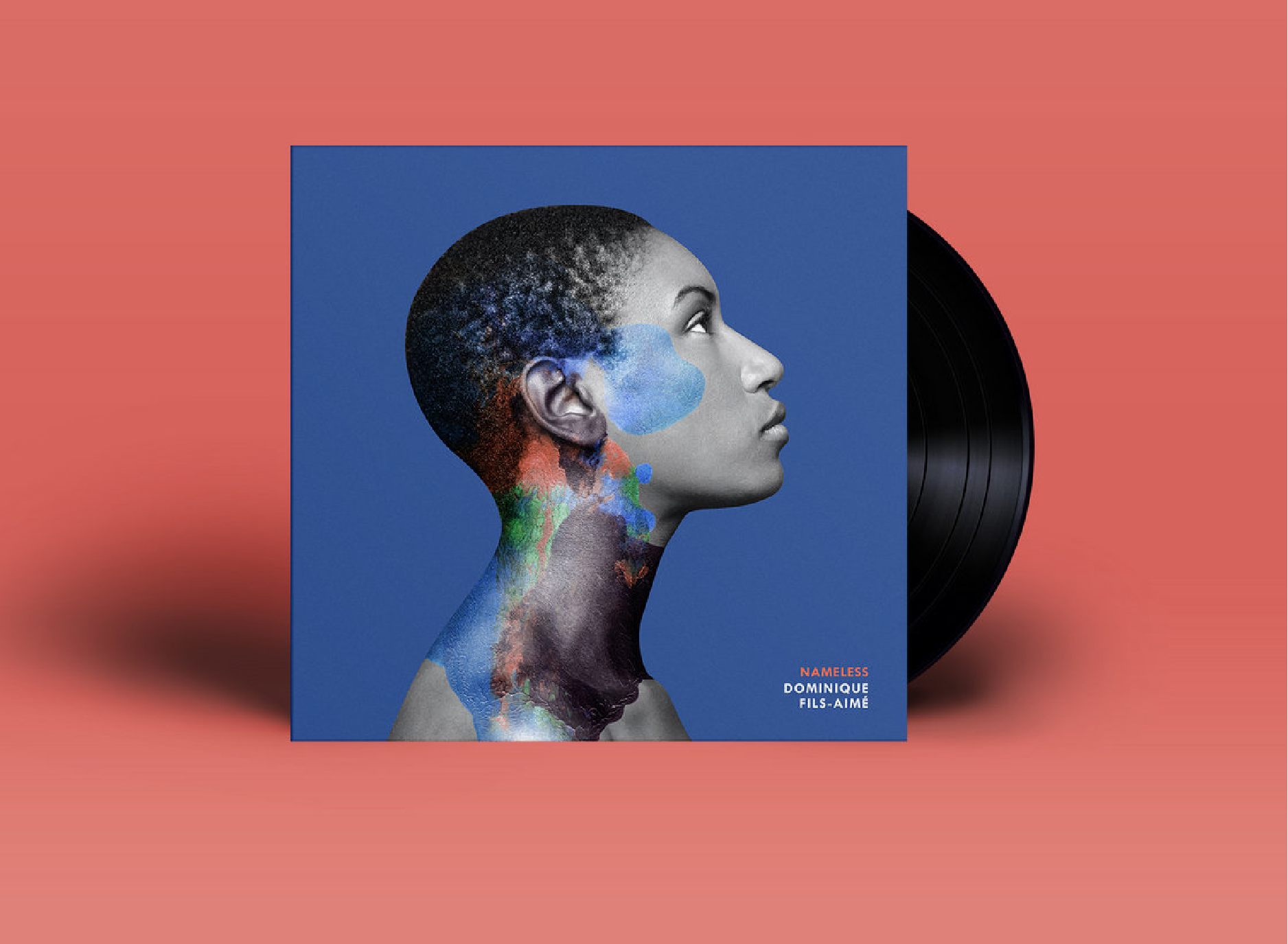
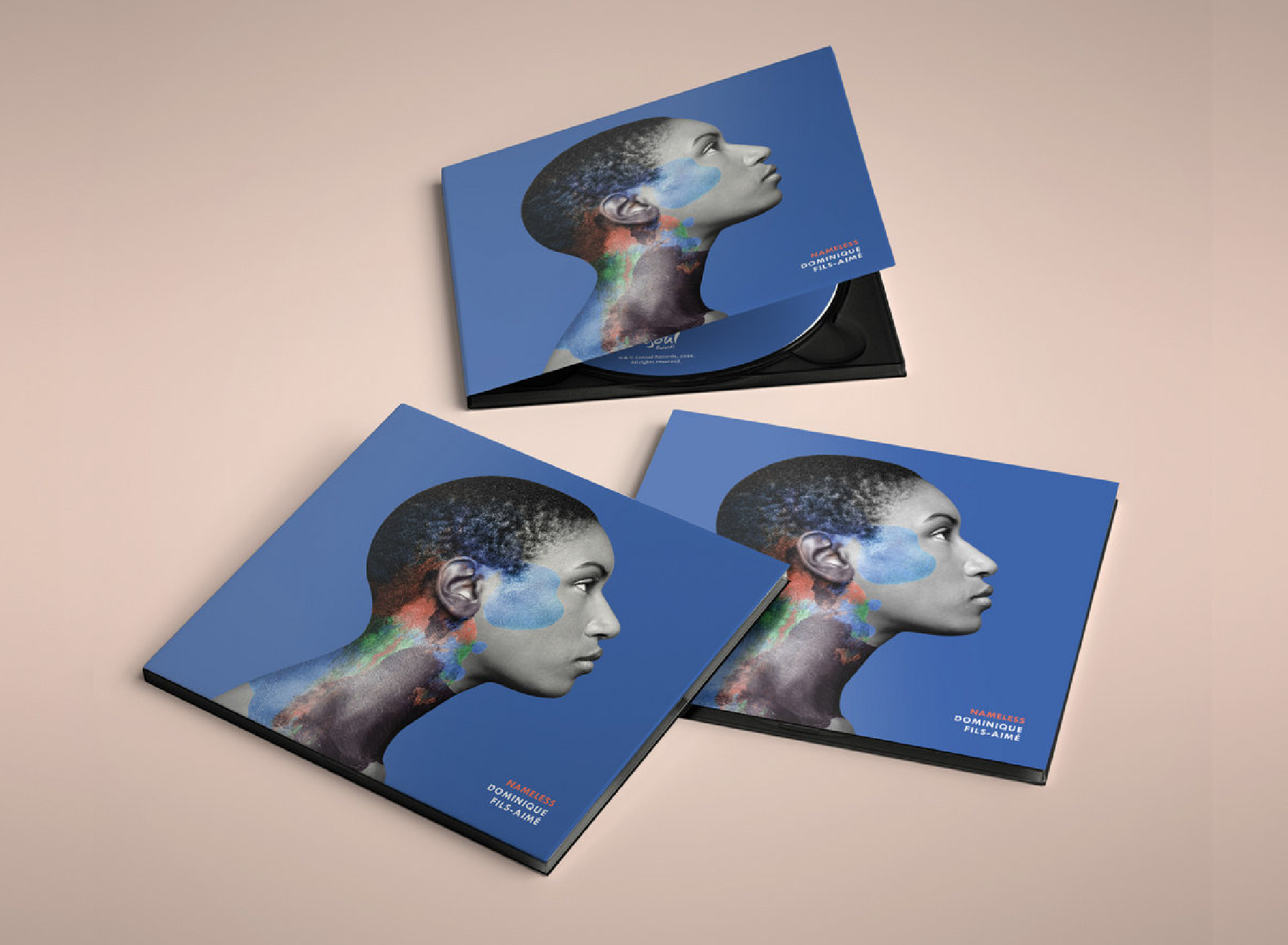
Are you a vinyl collector yourself?
Absolutely. I do have quite the collection, I was in Japan not long ago and went record digging there for some obscure records. Here in Montréal, one of my favorite shops is Aux 33 Tours.
Related Article: Interview: Pierre Markotanyos, Aux 33 Tours and Return to Analog Records
When you put out your instrumental classical piano record, what color will the vinyl be?
If I put out a record of my own piano compositions, it would be on black vinyl. It's funny that now that I’m on the business side of music, I don’t play very much. I used to play piano for a long time. Sometimes, in the studio, I just play for fun. One instrument that I still play sometimes on records is the didgeridoo. I picked it up when I was 3 years old, when I lived in Australia. It's on every Dominique Fils-Aimé album.
What’s a memorable pressing that you’ve done so far?
Our very first album, Fils-Aimé's Nameless, was released in 2018. We got this record pressed at Precision Record Pressing. It's the best-selling record so far, and it's become a high-fidelity reference recording around the world. People use it to test loudspeakers, amplifiers and even turntables. It’s been showcased at audio shows like High-End Munich, High-End Vienna, AXPONA in the US, and High-End Audio and Video in Hong Kong.
There’s a Blue Jay (O22) edition of Nameless, and the color choice was at the request of one of our clients. We added in inserts and printed cardboard inner sleeves with the lyrics and a message from Dominique, the artist herself. Within two days, we sold out the 200 copies that were pressed exclusively for a showcase. It’s interesting to see how one record could do well with a certain, very niche segment of audio listeners. It's also 45 RPM, which is unusual, but it seems audio enthusiasts loved that decision, whereas everyday listeners would usually go with a 33 RPM. In general, the record is popular in Quebec, the US and Germany. I can't even tell you how many we sold, but I think it's maybe over 10,000 records.
Who are the artists you have on the roster?
Dominique Fils-Aimé was first on the roster. She really helped us shape the vision of the label itself. At the time, feedback around starting a Soul label was that it's ‘a bold move.’ Before signing her on, she had this vision of doing a trilogy of albums for the first release. It was very risky, especially when it comes to recording full albums with bands in a high-end studio like we did for Nameless.
Nameless came in 2018, and then we had Stay Tuned! in 2019. This album won the Juno for "Vocal Jazz Album of the Year" and a Félix for “Jazz Album of the Year” at the 2019 ADISQ gala. It was followed by Three Little Words in 2021. That was shortlisted for the Polaris Prize and got other awards here in Quebec as well. In 2024, Our Roots Run Deep came out and won a Juno for “Vocal Jazz Album of the Year”. Now, we're wrapping up the production for the second album of her second trilogy, which will be coming out next year.
We're working with Hanorah, a vocal powerhouse and very talented songwriter, who is also a Soul / R&B artist from Montréal. We've released a couple of EPs and her debut full-length album. She's writing her sophomore album.
We work with Tina Leon. Tina is very influenced by Motown, as she was part of the Motown Generation when she was a teenager. She's an artist's artist, having recorded with Stevie Wonder, performed on stage with Lionel Richie, Daniel Bélanger and Garou. We released her debut album this year, Push & Pull.
We also have The Sound Of Eddy, which is Ensoul's UFO project because it's more leftfield. It has R&B in it, but more of a Trip-Hop and Electronic Vibe. It emerged from a more conventional Soul project, coined Soul Secret Agency, which had the same duo at the helm.
Soon, we'll be onboarding a fifth artist. We can't reveal it right now, but we’re working on a Jazz-centric recording with this new artist. We're looking forward to unveiling that next year.
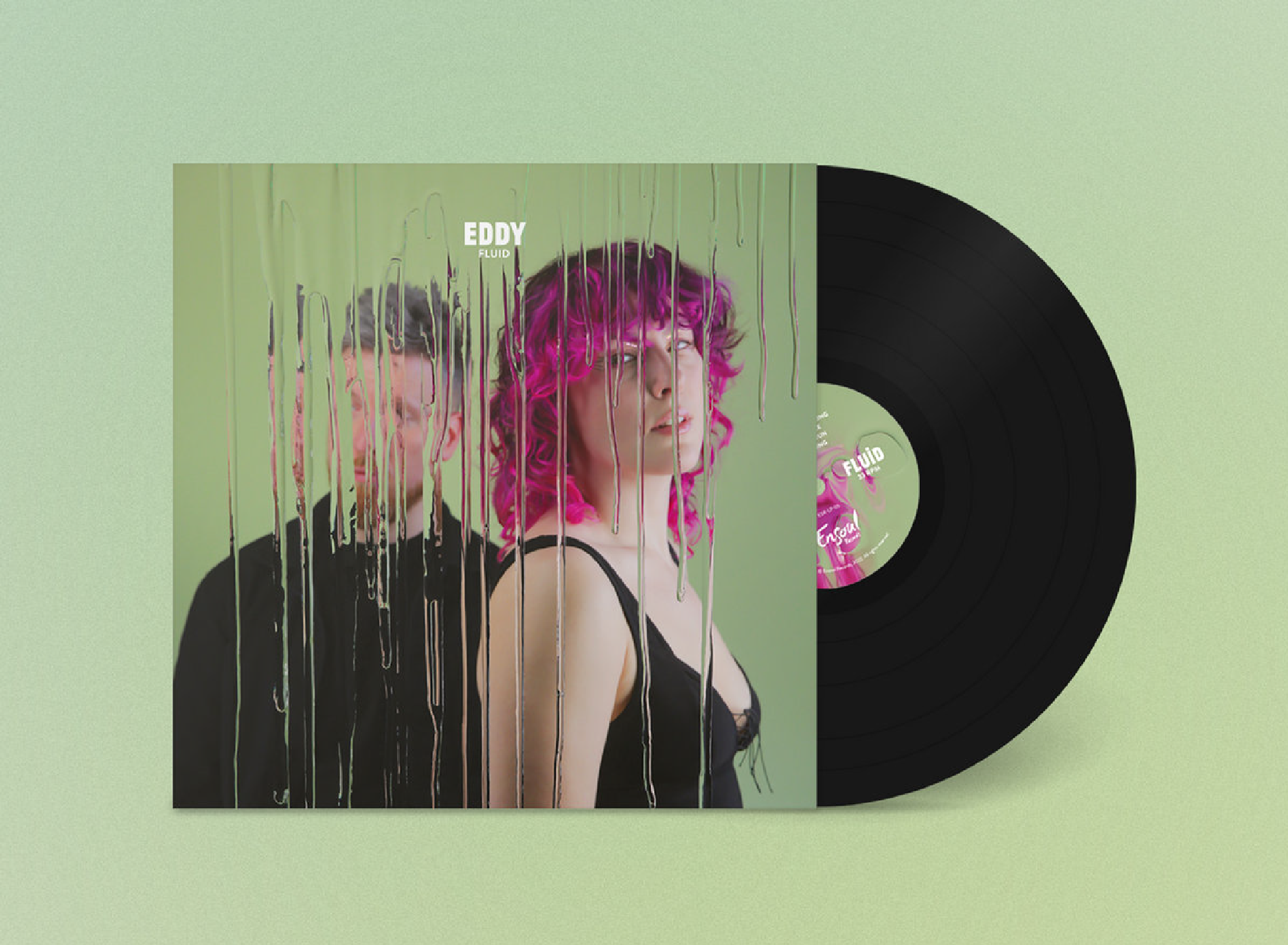
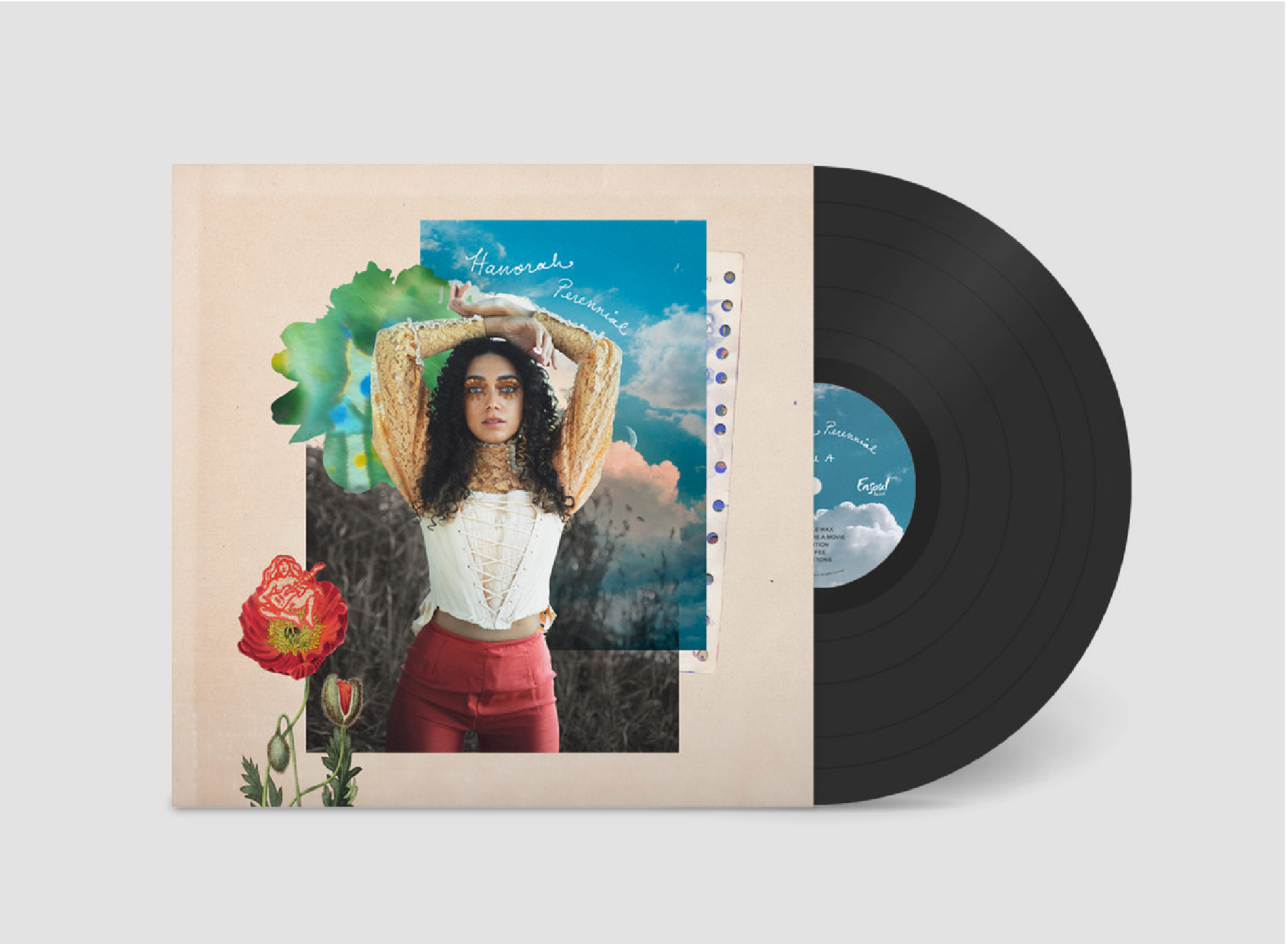
What is the benefit of working with a small roster?
We choose to keep a small roster of artists so we can work closely with them to make really meaningful projects. Five artists for us are more than enough because we can invest a good amount of energy and budget into each record. That enables us to have regular conversations and understand their vision, track their development, and what's coming up next.
Is it important to lock into one genre?
Initially, Ensoul was open to all kinds of music, genres, and styles. We didn't consider pigeonholing it into one category. It’s difficult to promote and market different genres and styles. Eventually, we realized that we should be focusing on Soul and Jazz. In Montréal, there are a lot of very talented artists in the Soul and Jazz categories. We thought Ensoul could be the big fish in the small pond and really work to give a seat at the table for artists that are in the Soul, R&B and Jazz genres in Quebec.
I think Dominique's success is proof that the genre is still thriving, and we hope to encourage other artists to also follow that path. Since then, we've seen more support and fans for the Soul, R&B and Jazz genres here in Quebec. Ironically, the Montréal International Jazz Festival is one of the biggest in the world. There are two million people who attend every year for over 10 days. Unfortunately, even though that festival exists and showcases big talent, there aren't many labels or industry people that really promote that style of music here otherwise. It might be because it is a challenge to grow unless you're good at branching out and reaching other markets internationally. If you're sticking to the Quebec market or the Canadian market, it's hard to make ends meet. Ultimately, it's a labor of love at Ensoul Records. We want to love each production and make sure the artist is happy with their project.
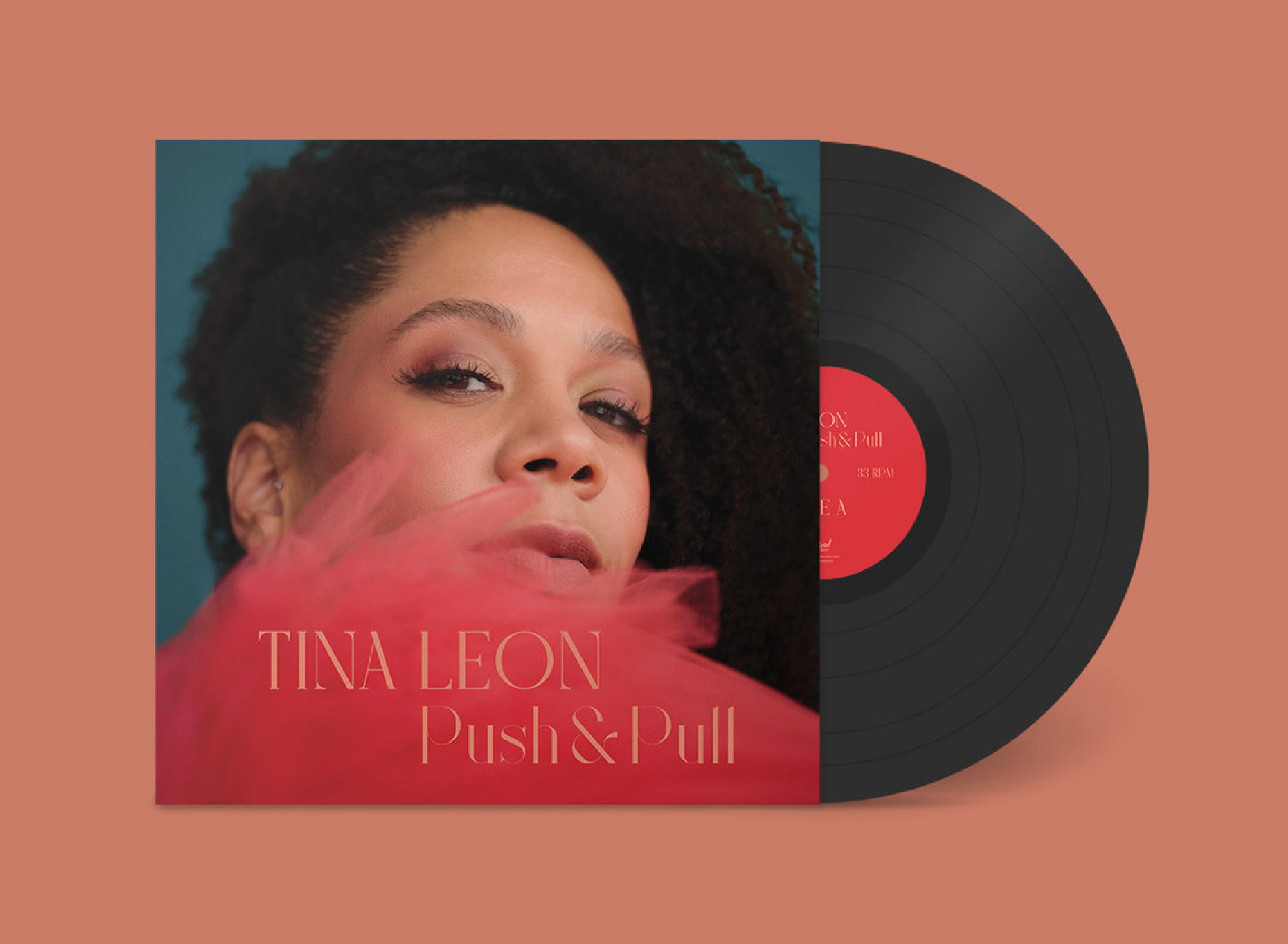
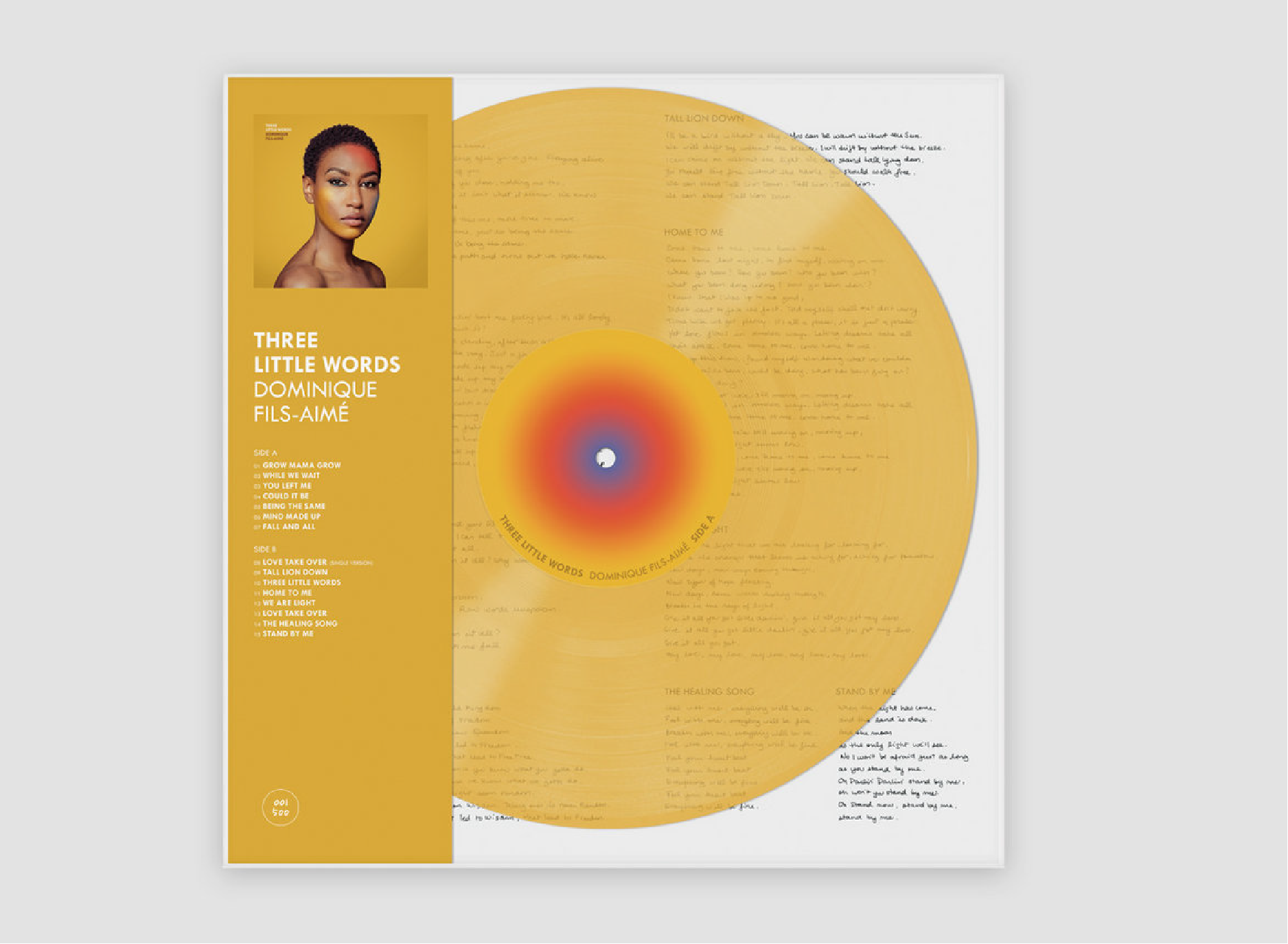
How do you think Canadian artists and labels can be better supported?
From a label perspective, I think that the DIY route for new artists and labels makes a lot of sense to me because it's fluid and fairer, but takes a lot to make it work. There are a few things that would be helpful to Ensoul, but there are labels and artists who may benefit from breaking down the same barriers. Many people from all over come to Montréal to be part of the music scene, and there's a gap in the support that Anglophone artists can receive versus Francophone artists. For example, some Anglophones don't have access to certain funding or awards because they're singing in English. It would be great to eliminate this barrier because good music is good music; it doesn't matter what language it is in.
Unfortunately, we've been seeing funding cuts at both the federal and provincial levels. It's been pretty dire when it comes to funding. I think we've been too reliant on grants as independent labels and artists. One of our goals for 2026 is to become independent from grant funding.
For artists, it’s a struggle to be an artist today and to pay their rent. I think it's inevitable to pursue an artistic career when you have that calling in your life, so some people will keep at it, even when it's hard. We should be recognizing and cherishing those who are sailing those tides to bring their art to our doorsteps because it’s not an easy job. It’s not easy to be vulnerable like that with your art. It is tough, especially in the early stages of your career, so on top of that, to navigate the economic difficulties that come with that is very admirable.
How can we approach music to create space for supporting Indie artists?
I think that people should be investing more in supporting a very healthy culture and arts sector. I think that access to art in general is what makes a society sane and functional. I think that when everyone meets at a show and has this common experience, it's essential for the well-being of a society. I think that's something that makes a city vibrant, and I feel like we should realize the economic value of the arts and culture scene, not just music, but arts and culture in general, on a higher level. There are so many jobs that are tied to it. Music is a form of therapy. Arts and culture are sometimes a form of therapy. People feel better when they engage in the arts. You don't have to be a professional, and it can be on any scale if it feels good.
We can support it in so many ways. We can create community spaces and support smaller venues because a lot of them are closing. It's important to keep these places alive because emerging talent relies on them, even if the crowds are small, so they feel it's possible to work their way up to performing in larger venues. Supporting a healthy ecosystem for arts and culture can be achieved by people opening the conversation about cultural engagement and preservation to their politicians. Some politicians are your neighbours. Share music with them, make recommendations, and talk about upcoming shows.
On a global scale, I think that there's a lot of work to be done in recognizing the essence of who we are as humans, and art has always been a part of it, before it was a vocation or a professional career. It’s something that has always been part of everyone's life on a day-to-day basis; it's something that we cherish just as humans over the course of millennia. We've always been performers and expressed ourselves in different ways. It's sad that some feel they can’t pursue the arts because they think they need to have a degree in the field or to be highly trained. I’d like for more people to realize the power we all have to express ourselves through art and how it can go a very long way.
To learn more about Ensoul Records, please visit ensoulrecords.com